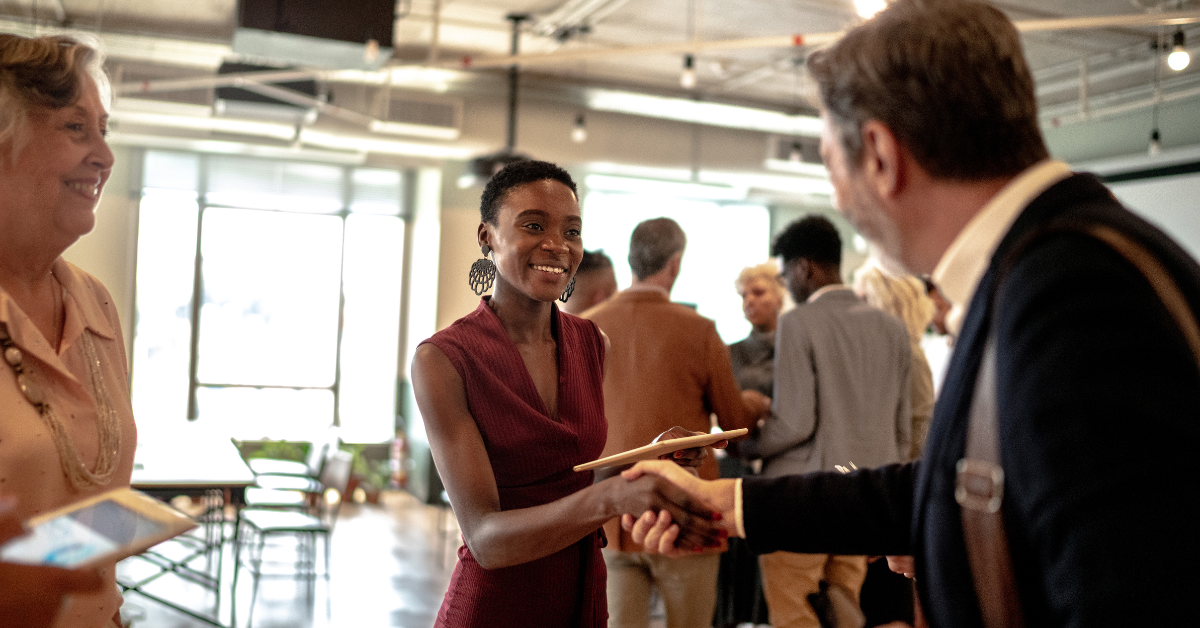Why You Need to Follow-Up After Every Networking Event
Attending networking events is a great way to meet new contacts, build relationships, and open doors to new opportunities. However, the real impact of networking happens after the event—when you take the time to follow up. Effective follow-up ensures that the connections you make turn into meaningful professional relationships. Here’s why following up is essential and how to do it right.
The Importance of Following Up
1. Strengthens Connections
Networking events provide limited time to interact, and people meet numerous attendees in a short period. Following up helps reinforce your conversation, reminding your new contact who you are and what you discussed.
2. Builds Trust and Credibility
Consistently following up demonstrates professionalism, reliability, and genuine interest in maintaining the relationship. It shows that you value the connection beyond just exchanging business cards.
3. Opens Doors to Opportunities
A well-crafted follow-up can lead to business collaborations, referrals, job opportunities, and industry insights. Without follow-up, potential opportunities may be lost as your new contacts move on to other priorities.
4. Keeps the Momentum Going
Networking is not just about meeting people—it’s about fostering ongoing relationships. A timely follow-up keeps the conversation alive and lays the groundwork for future interactions.
How to Follow Up Effectively
-
Send a Personalised Message
Within 24-48 hours of the event, send a personalised email or LinkedIn message. Mention something specific from your conversation to make it more meaningful.Example:
"Hi [Name], I really enjoyed our conversation at [Event Name] about [specific topic]. I'd love to continue our discussion—let’s connect soon!" -
Connect on LinkedIn
Sending a connection request with a short note referencing your meeting helps keep the relationship alive in a professional setting. -
Offer Value
Instead of just reaching out for the sake of it, offer something valuable—share an article related to your discussion, introduce them to someone in your network, or provide insights that may benefit them. -
Suggest a Follow-Up Meeting
If there is potential for collaboration or a business relationship, suggest scheduling a follow-up call or coffee meeting to continue the conversation. -
Stay Engaged
Networking is a long-term strategy. Engage with their content on LinkedIn, attend industry events together, and periodically check in to maintain the relationship.
Final Thoughts
Following up after a networking event is just as important as attending the event itself. It strengthens connections, builds credibility, and opens doors to new opportunities. By being proactive and intentional in your follow-ups, you can turn short conversations into long-term professional relationships.
What’s your go-to networking follow-up strategy? Share your insights in the comments below!
.png?width=190&name=IPA%20Logo%20Transparent%20(Hi-Res).png)




